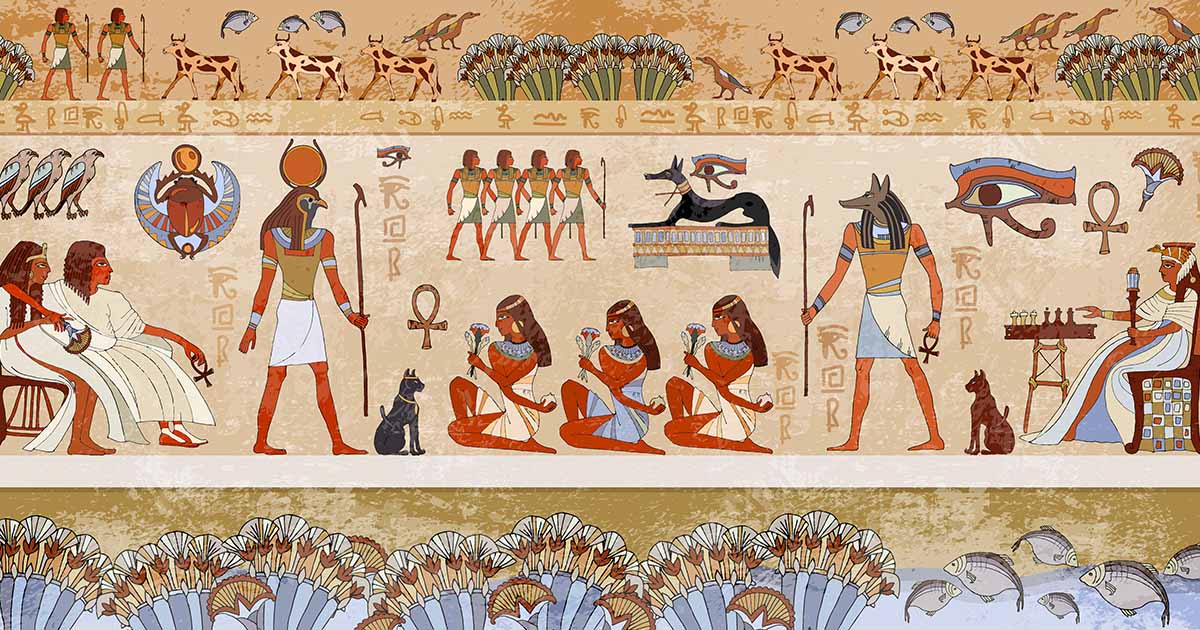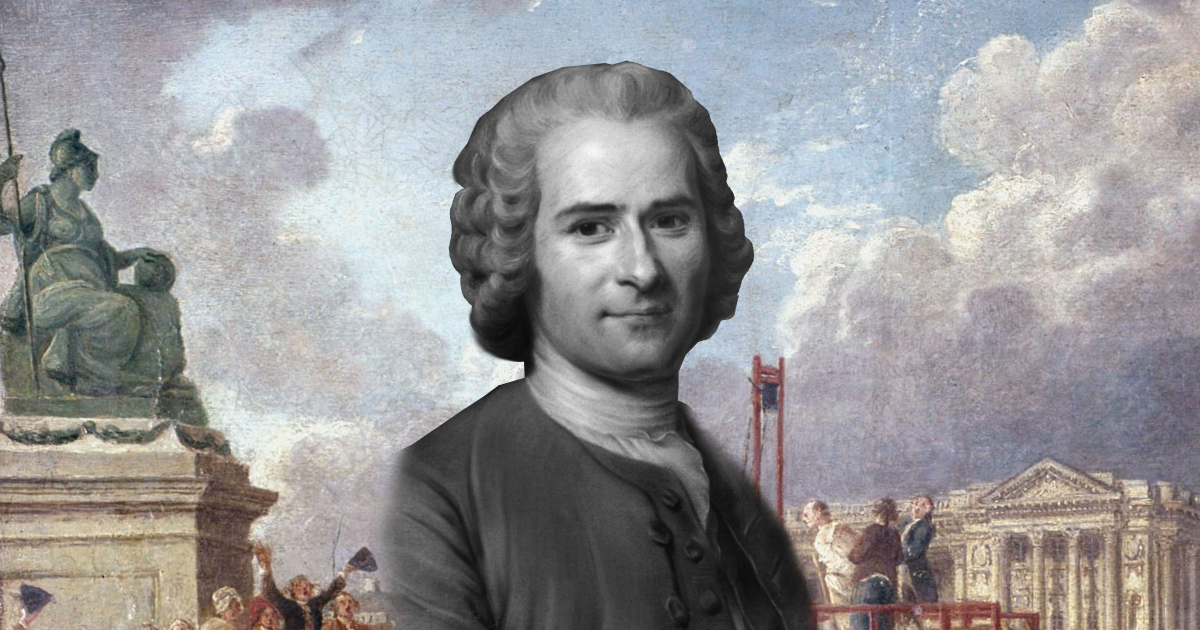Unveiling the Mysteries: A Comprehensive Exploration of Fortune Telling
Fortune telling, a practice as old as human civilization, holds a timeless fascination for individuals seeking insights into the future, guidance in decision-making, and a connection to the mystical. Rooted in diverse cultural traditions, fortune telling encompasses a myriad of methods and divination tools, each offering a unique lens through which individuals navigate the uncertainties of life. In this comprehensive exploration, we delve into the historical origins, varied techniques, cultural significance, and the complex interplay between belief and skepticism that characterize the realm of fortune telling.
Historical Origins of Fortune Telling
The roots of fortune telling can be traced back to ancient civilizations where individuals turned to divination practices as a means of seeking guidance from the divine. Across cultures and geographical regions, early humans observed celestial patterns, interpreted natural phenomena, and developed divinatory techniques to understand the unseen forces shaping their lives.
- Ancient Mesopotamia: In the cradle of civilization, Mesopotamians practiced a form of divination known as hepatoscopy, where the livers of sacrificed animals were examined for omens. The patterns and anomalies observed were believed to reveal insights into the future.
- Ancient China: Chinese fortune telling has a rich history, with methods such as the I Ching, a divination system based on the interpretation of hexagrams, and physiognomy, the assessment of facial features to discern one’s destiny.
- Ancient Greece: The Greeks engaged in various forms of divination, including astrology, where the positions of celestial bodies were thought to influence human affairs, and the casting of lots, a method involving the random drawing of marked objects.
- Middle Ages and Renaissance: During the Middle Ages and the Renaissance, European societies saw a resurgence of interest in the occult and mysticism. The practice of scrying, crystal ball gazing, and tarot reading gained popularity as means to access hidden knowledge.
Diverse Techniques of Fortune Telling
Fortune telling encompasses a diverse array of techniques, each rooted in specific cultural, religious, or metaphysical traditions. These methods aim to unveil glimpses of the future, provide guidance, or offer insights into the hidden aspects of life.
- Astrology: Based on the belief that the positions of celestial bodies influence human affairs, astrology interprets the significance of planets, stars, and other cosmic elements. Horoscopes, birth charts, and zodiac signs are common tools used in astrological readings.
- Tarot Card Reading: The Tarot, a deck of cards with symbolic imagery, is used for divination and introspection. Readers interpret the cards’ meanings, positions, and relationships to offer insights into various aspects of life, including love, career, and spiritual growth.
- Palmistry: Also known as chiromancy, palmistry involves the examination of the lines, mounts, and shapes of the hand to discern information about an individual’s personality, life path, and potential future events.
- Runes: Derived from ancient Germanic alphabets, runes are inscribed symbols on stones or tiles. Practitioners cast or draw runes and interpret their meanings to gain insights into the questions posed by seekers.
- Numerology: Numerology is based on the belief that numbers hold symbolic and mystical significance. By assigning meanings to numbers and analyzing patterns, practitioners can offer insights into an individual’s personality, life events, and compatibility.
- Tea Leaf Reading (Tasseography): In this practice, the patterns formed by tea leaves at the bottom of a teacup are interpreted to reveal messages about the future. The positioning and shapes of the leaves guide the reader in divining the seeker’s destiny.
- Crystal Ball Gazing (Scrying): Scrying involves gazing into a reflective surface, often a crystal ball, to perceive images, symbols, or visions. The interpretations of these visual impressions provide insights into the seeker’s questions or concerns.
- I Ching: An ancient Chinese divination system, the I Ching involves casting coins or sticks to create hexagrams. Each hexagram represents a unique combination of yin and yang, providing guidance on situations and decisions.
Cultural Significance and Belief Systems
Fortune telling is deeply intertwined with cultural beliefs, religious practices, and the broader metaphysical worldview of societies across the globe. While some embrace these practices with fervor, others approach them with skepticism, and the level of belief varies widely.
- Cultural Diversity: Different cultures have distinct forms of fortune telling that reflect their unique worldviews. For instance, African cultures may employ methods like bone casting, while Nordic traditions might involve the reading of Norse runes.
- Religious Context: In some religious traditions, fortune telling is embraced as a legitimate means of seeking guidance. Conversely, certain religious doctrines may view it as incompatible with faith, associating it with the occult or superstition.
- Personal Beliefs: Individual beliefs play a crucial role in the acceptance or rejection of fortune telling. Some individuals turn to these practices for comfort, reassurance myangelnumbers.net , or a sense of control, while others view them as mere entertainment or pseudoscience.
The Interplay Between Belief and Skepticism
Fortune telling exists within a dynamic interplay between belief and skepticism. While some ardently rely on these practices for decision-making and insight, others dismiss them as unfounded or irrational. This complex relationship reflects the diverse ways in which individuals engage with the mystical and the unknown.







